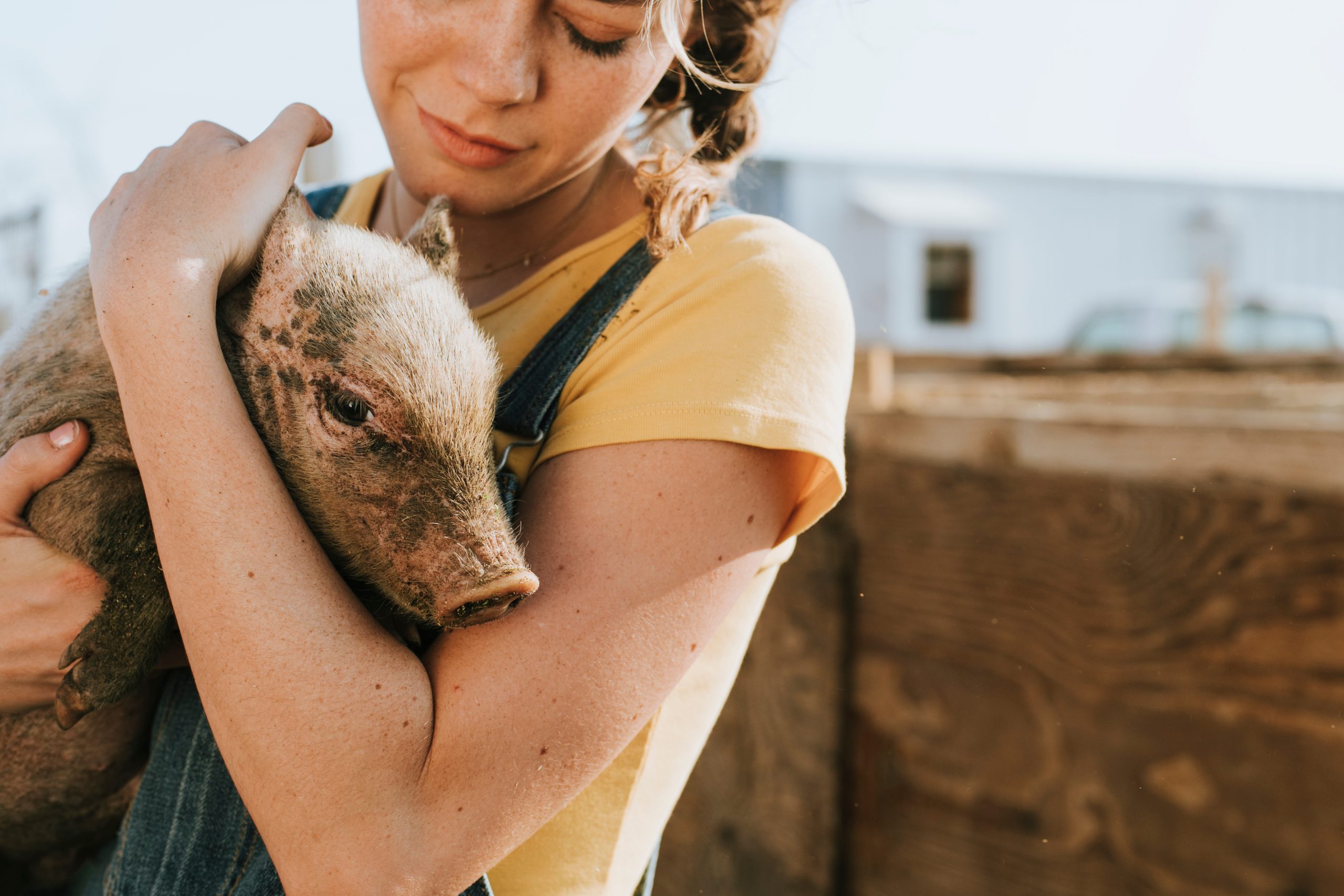Most of us are compassionate human beings and hate the thought of anyone suffering, including an animal. If you saw a dog being beaten by its owner you would want to intervene, or if you saw any animal being treated poorly for that matter. However, when it comes to farm animals, this compassion seems to be switched off. Perhaps it is very clever marketing of the products and the secrecy around the life these animals endure. Out of sight out of mind, right?
Unfortunately humans are very good at this. To them, if they don’t look then it’s not happening or it’s not their concern and they continue on with their life, eating what they want, regardless of the history behind it. Did you know there are four main reasons why people struggle to give up animal products or change any way of eating. These include:
- Tradition (or culture)
- Taste
- Convenience
- Habit
Tradition
Traditions are important to many people and they tend to give us memories of our family and connect us to the history of our culture. Traditions are often based around the telling and remembering of stories, which humans have been doing since long before recorded history. Traditions and culture are important aspects of us and shape us into who we are today. Both human and animal slavery and sacrifice was (and still is) a tradition for some cultures. Just because it’s embedded in your culture, does not mean its ethical or it must continue that way. We must allow our traditions evolve too. For example, a traditional Christmas dinner for many is turkey and ham, moving away from this tradition can seem impossible, but it is really quite simple. There are a variety of vegan roasts available that you can us and Christmas beet wellingtons are pretty delicious too!
Taste
Taste tends to be one of the biggest challenges for people to get past. These days there are so many vegan options for vegan fish, vegan chicken, vegan mince, vegan beef burgers, vegan cheese, vegan yogurt, vegan dips, vegan milk, the list goes on! The taste factor may also be due to the high fat content these foods supply and other compounds. Casomorphins found in cheese is found to have an addictive quality, as it is a opioid peptide derived from the digestion of milk protein casein, making us come back for more time and time again.
Trying a variety of these vegan alternative foods is a good idea to see what taste works best for you. For most people, these foods are great transitional foods, but once your taste buds change, the drive to eat more whole foods increases and you eat less of the ‘meat or fish tasting’ foods. Some like to gradually change their eating habits over a few weeks and others prefer to go ‘cold turkey’ (pardon the pun!).
Convenience
Yes, being vegan can be less convenient in certain circumstances, but it’s a lot easier now than it was 5 or 10 years ago. We don’t like to be inconvenienced so going vegan can involve a little more planning especially if you are going to an event or somewhere there will be few vegan options.
I mean, not caring about something is always more convenient than caring about something! But wouldn’t you rather care than not care? It can also be more convenient to eat McDonalds and packaged junk foods than healthy fruits and vegetables, but most of us care about our health and choose to eat the healthier options. Same goes for eating animal products. Once you care enough about the animals (and your health) it becomes a no brainer.
Habit
Humans are creatures of habit, and even though it is believed it takes 22 days to break a habit, the studies show it may take a lot longer than this. It can vary among individuals, but it can take up to 4 months to create a new habit and break the old one. Remember this when trying to change your way of eating. Willpower comes into play a great deal those first few months until the habit becomes more ingrained into our lifestyles.







